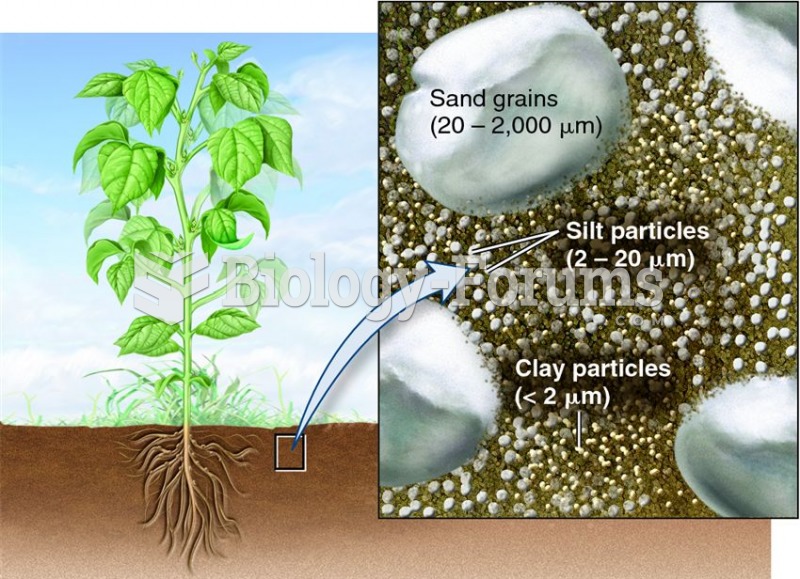This topic contains a solution. Click here to go to the answer
|
|
|
Did you know?
Everyone has one nostril that is larger than the other.
Did you know?
In most cases, kidneys can recover from almost complete loss of function, such as in acute kidney (renal) failure.
Did you know?
The top five reasons that children stay home from school are as follows: colds, stomach flu (gastroenteritis), ear infection (otitis media), pink eye (conjunctivitis), and sore throat.
Did you know?
In 1864, the first barbiturate (barbituric acid) was synthesized.
Did you know?
The first oral chemotherapy drug for colon cancer was approved by FDA in 2001.
 Major moons of Uranus in order of increasing distance (left to right), at their proper relative size
Major moons of Uranus in order of increasing distance (left to right), at their proper relative size
 The world has been horrified recently at a U.S. Congress so polarized and paralyzed that it cannot p
The world has been horrified recently at a U.S. Congress so polarized and paralyzed that it cannot p





